Maintaining your pet’s gut health is crucial for their overall wellbeing, and probiotics can play a significant role in this. But are you doing enough to ensure your pet’s digestive system is thriving?
1. Understanding Pet Probiotics
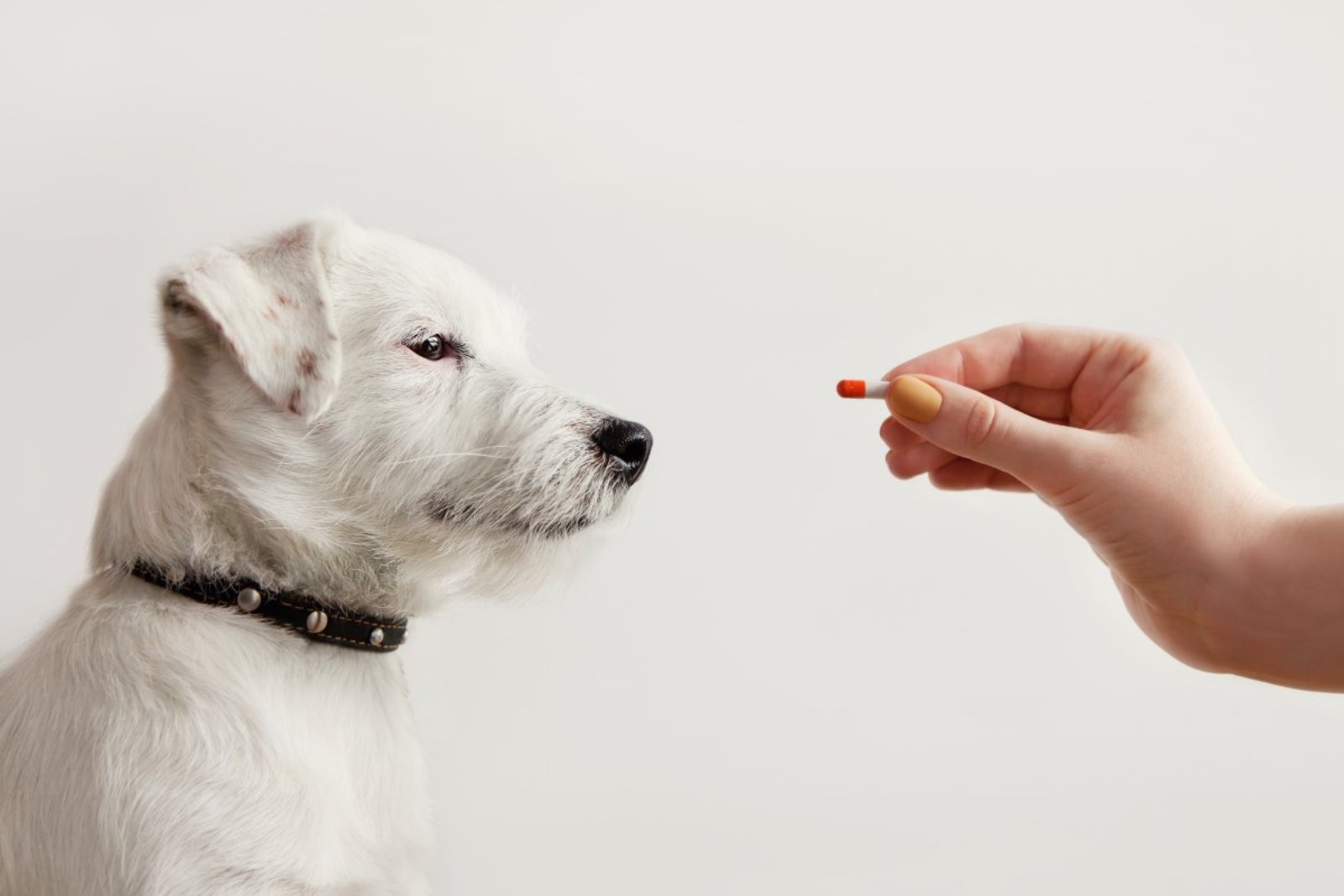
Pet probiotics are supplements that contain beneficial bacteria to support your pet’s digestive health. They can help balance the gut microbiome, improving overall health.
2. The Importance of Gut Health
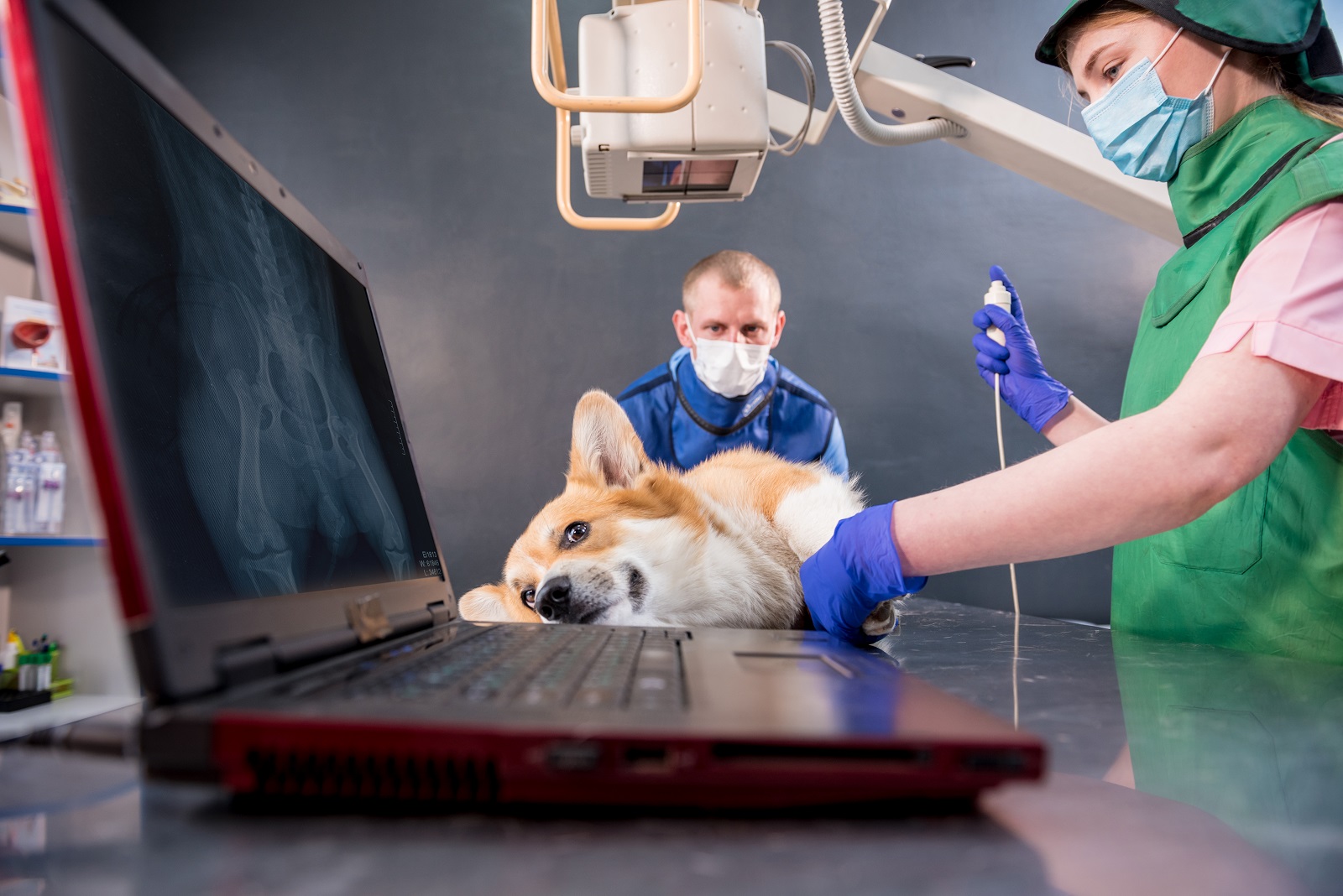
A healthy gut is essential for nutrient absorption, immune function, and overall vitality. Poor gut health can lead to a host of problems, from digestive issues to weakened immunity.
3. Signs Your Pet Needs Probiotics
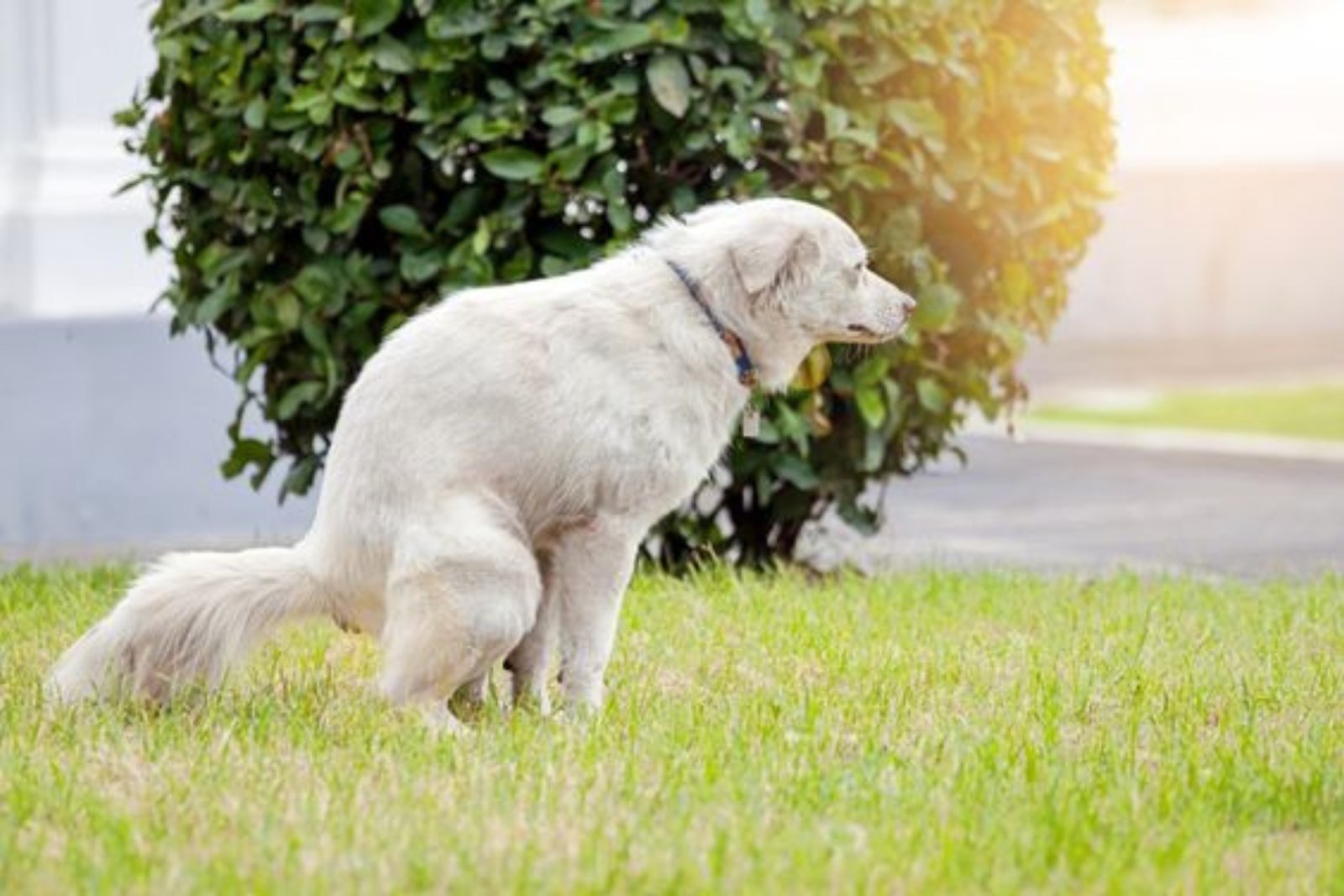
Symptoms like diarrhoea, constipation, and frequent stomach upset can indicate a need for probiotics. If your pet has been on antibiotics, their gut flora might need a boost.
4. Types of Pet Probiotics
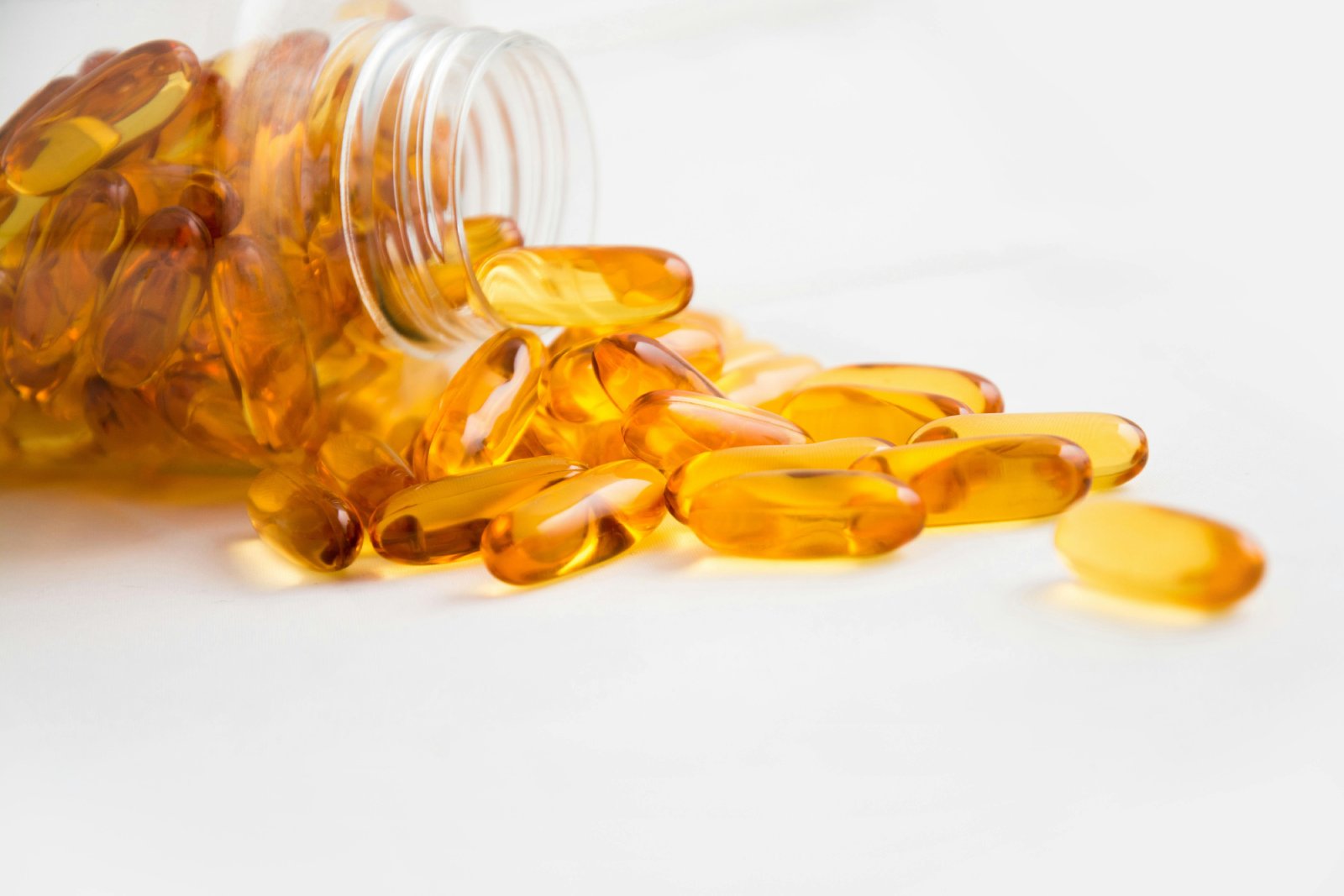
Probiotics for pets come in various forms, including powders, chews, and capsules. Each type offers different benefits and can be chosen based on your pet’s preferences and needs.
5. Probiotic Powders
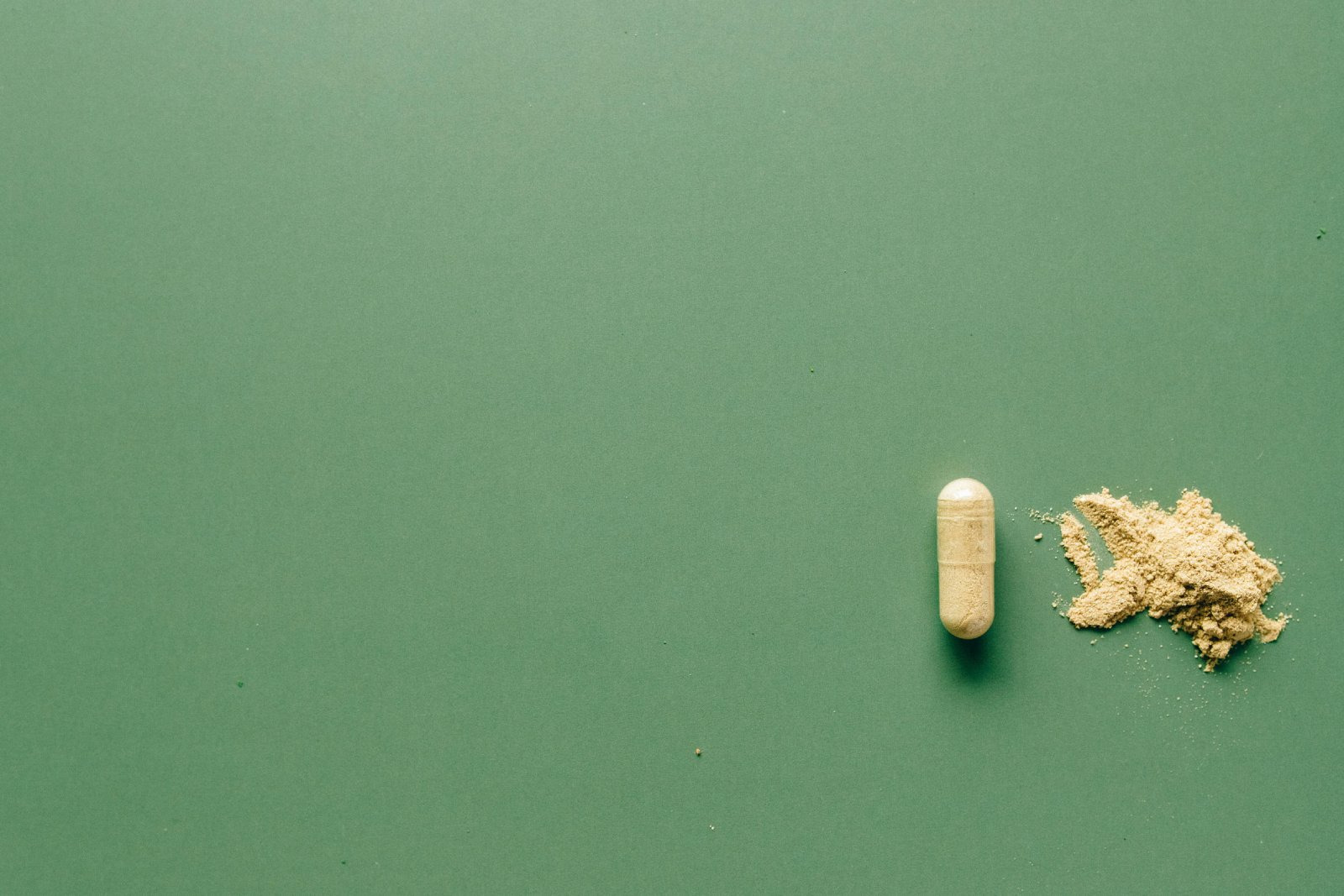
Probiotic powders can be easily mixed into your pet’s food. They are often flavourless, making them an easy addition to their diet.
6. Probiotic Chews
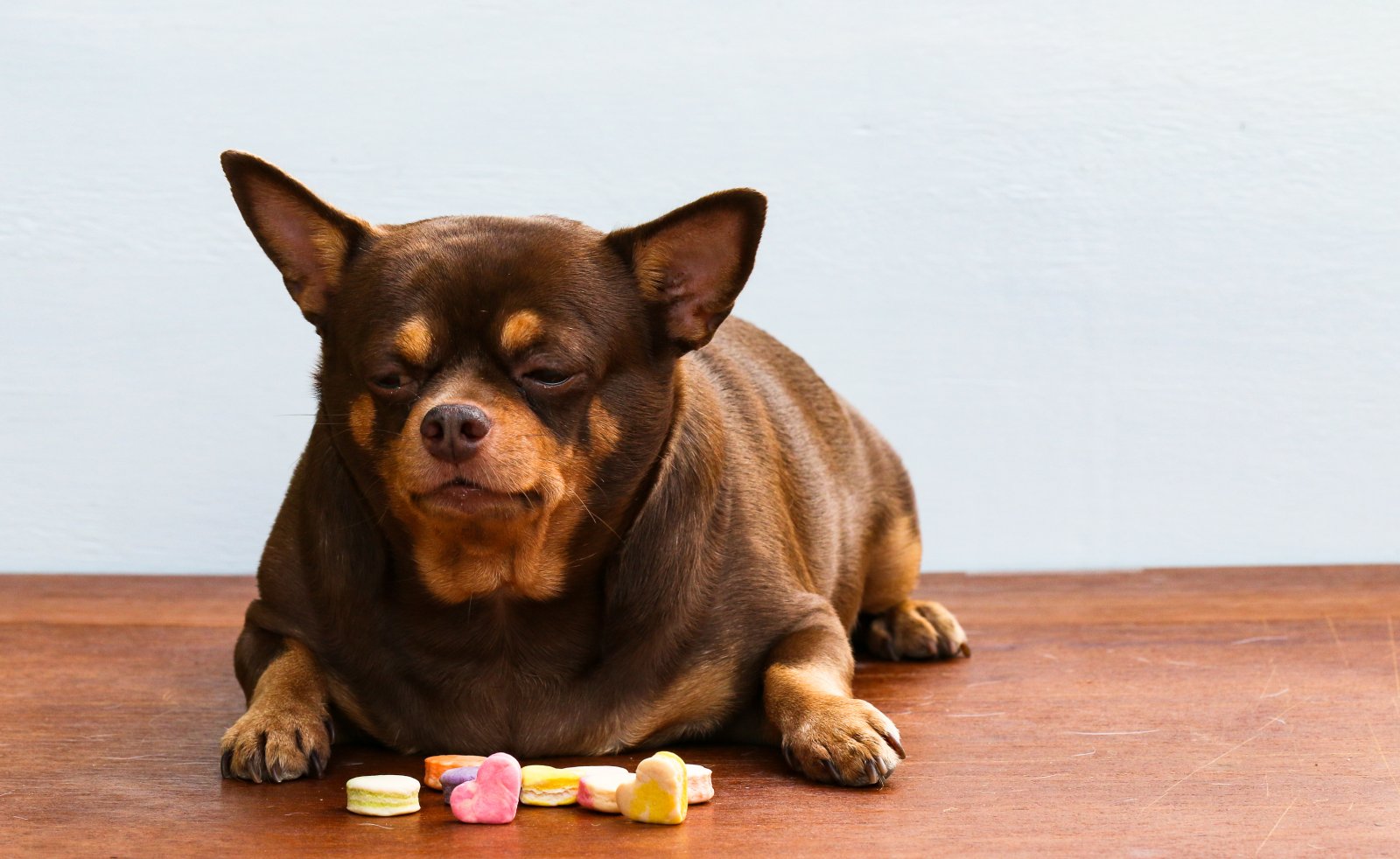
These are a convenient option that pets often see as a treat. They come in various flavours, making them appealing to even the pickiest eaters.
7. Capsule Form Probiotics
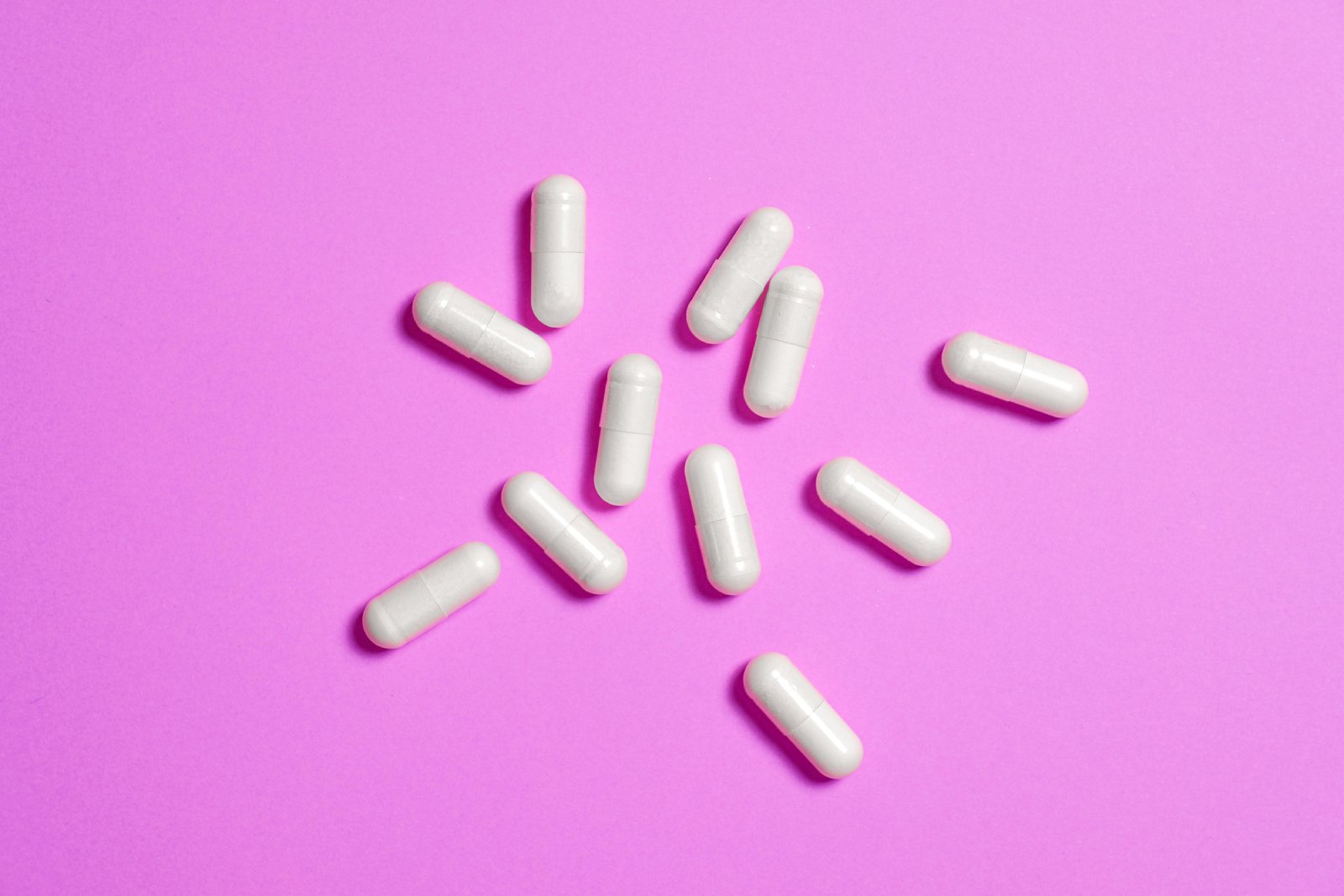
Capsules can be given directly or hidden in food. They provide a precise dosage and are a good option for pets with specific health needs.
8. Benefits of Probiotics for Dogs

Probiotics can help reduce digestive issues, improve coat quality, and boost the immune system. They can also aid in managing conditions like IBS and allergies.
9. Benefits of Probiotics for Cats
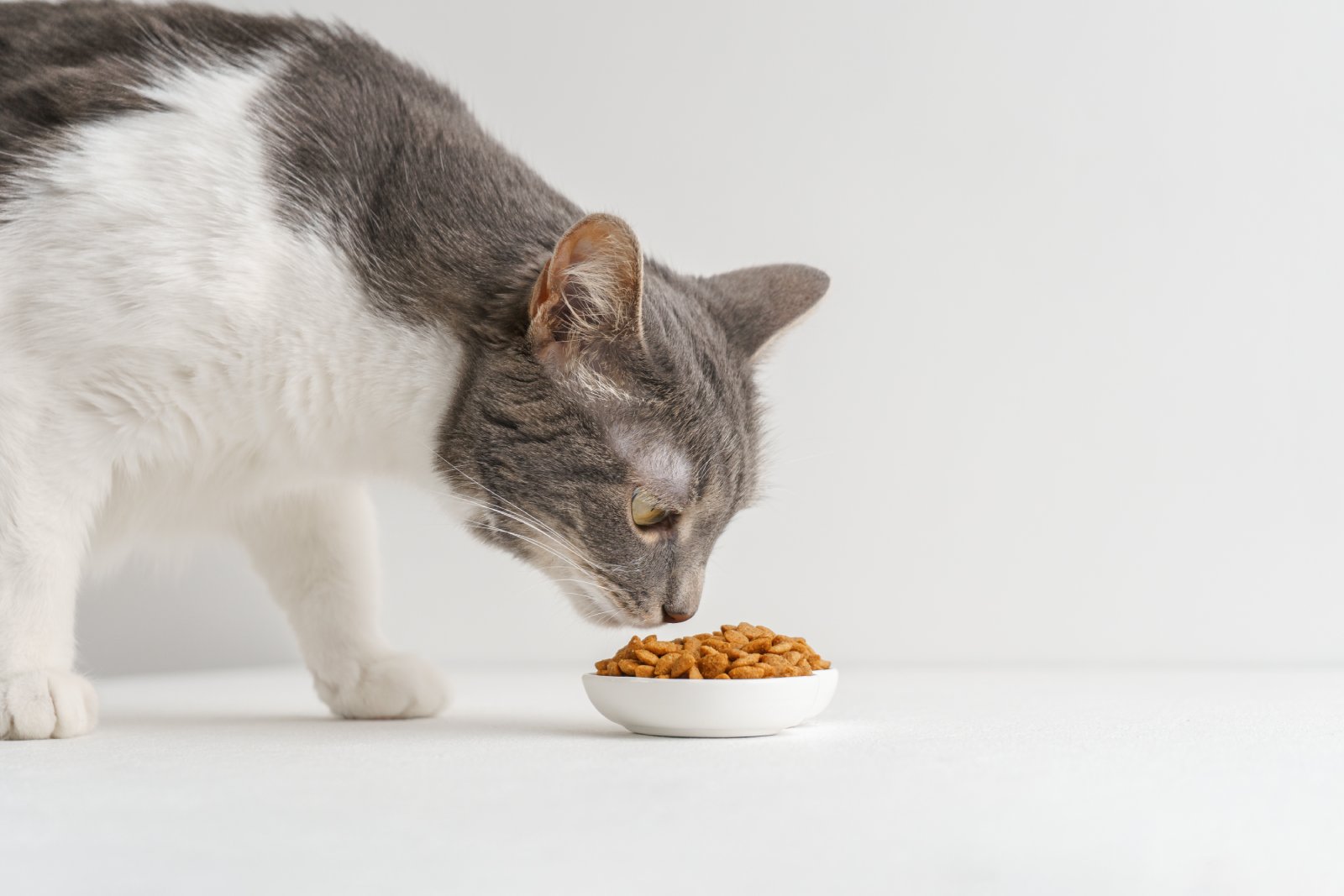
For cats, probiotics can help with hairballs, diarrhoea, and overall gut health. They can also improve appetite and coat condition.
10. Choosing the Right Probiotic

Look for probiotics with multiple strains of bacteria for a broader spectrum of benefits. Consult your vet to find the best option tailored to your pet’s specific needs.
11. Probiotics and Antibiotics
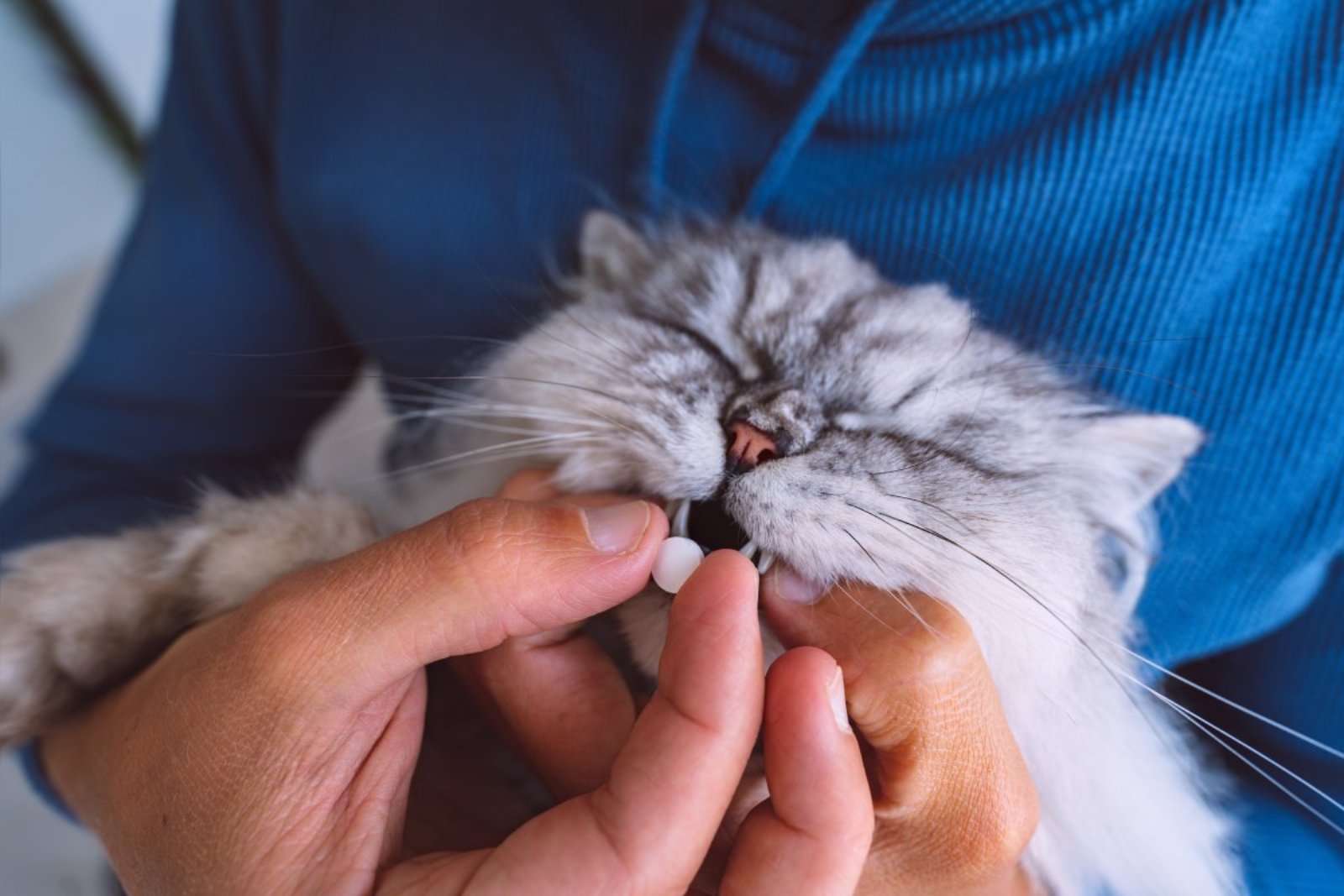
Antibiotics can wipe out both bad and good bacteria, making probiotics essential during and after treatment. They help restore the balance of the gut microbiome.
12. Natural Sources of Probiotics
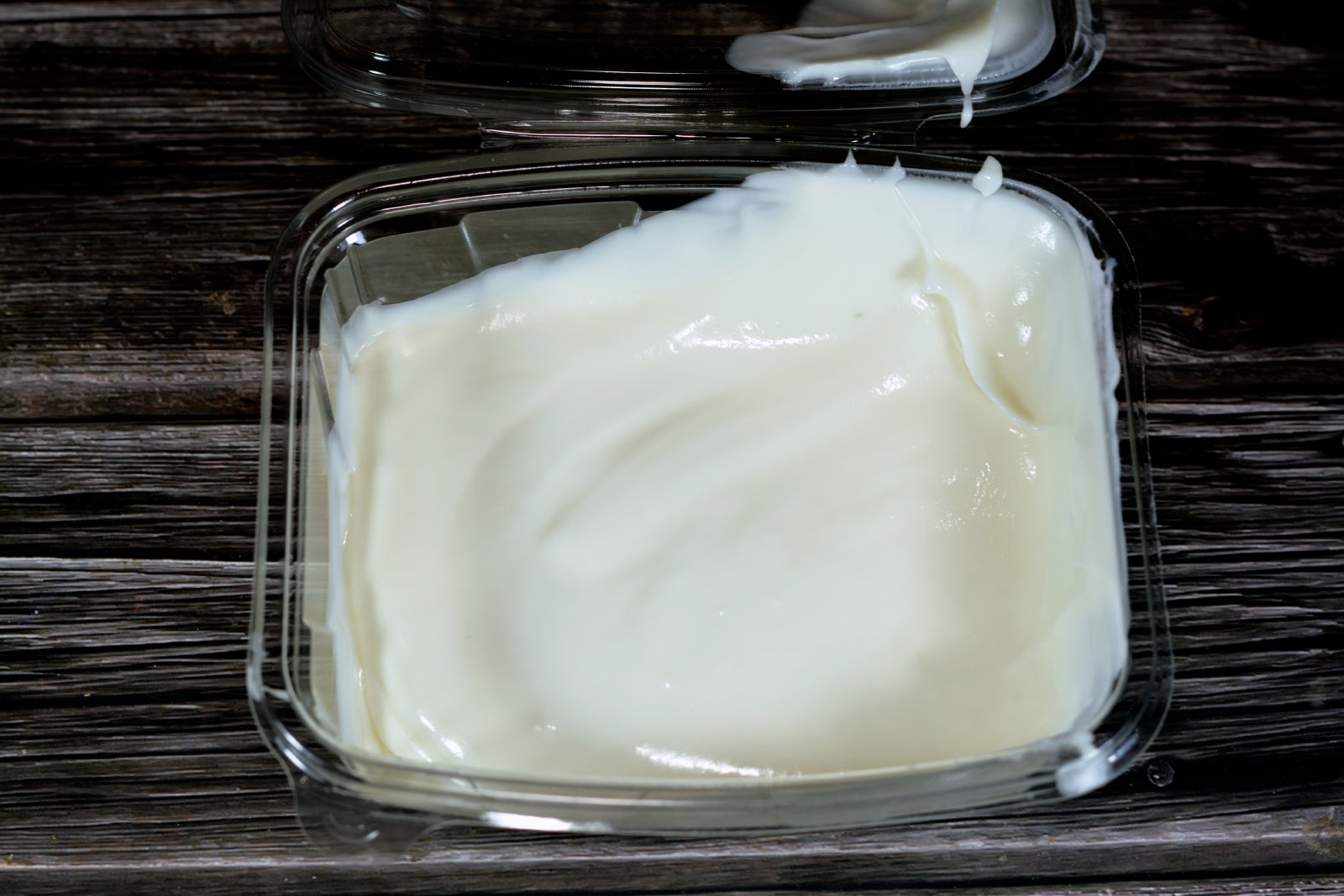
Foods like yoghurt, kefir, and fermented vegetables can be natural sources of probiotics for pets. However, ensure they are safe and appropriate for your specific pet.
13. Homemade Probiotic Treats
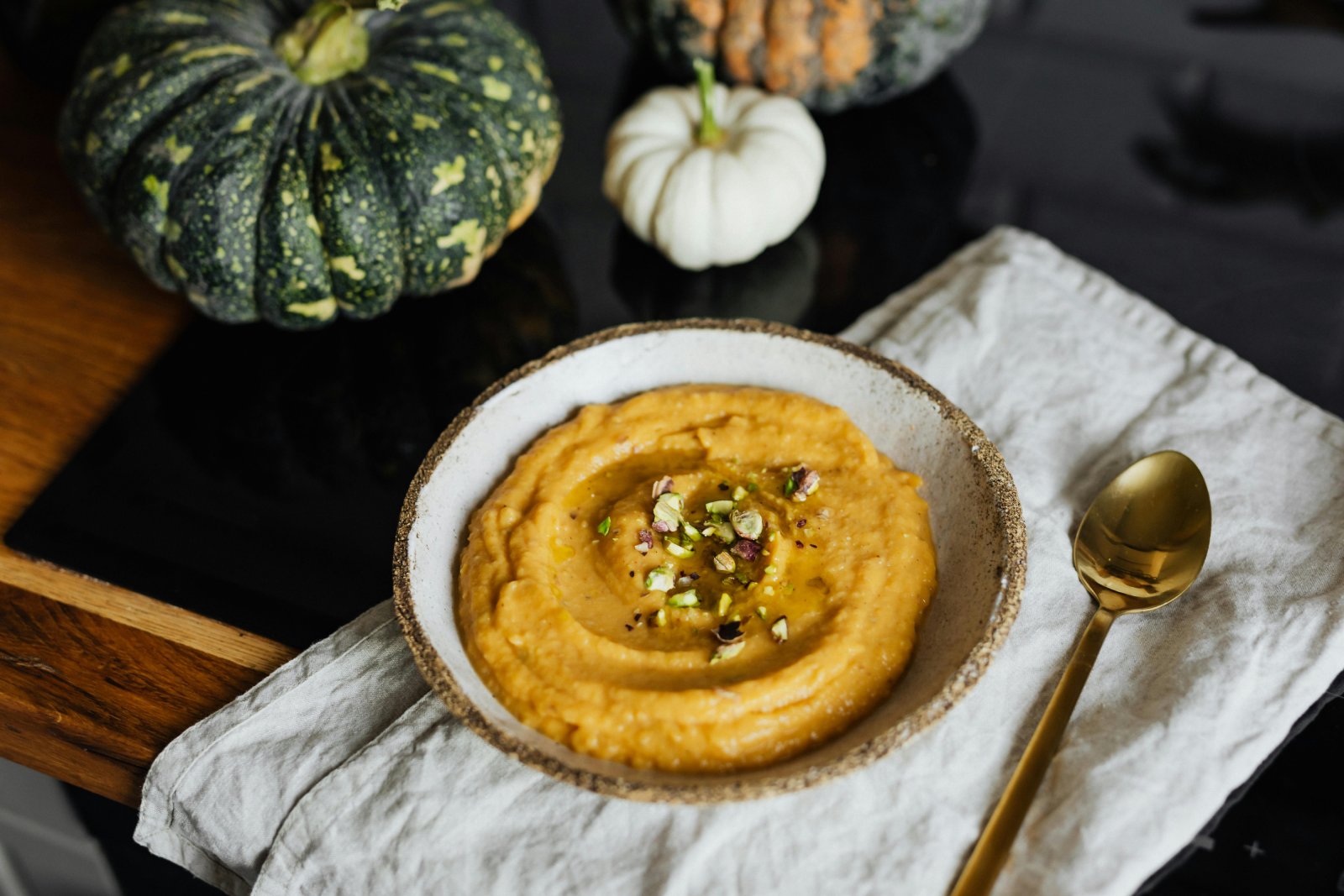
Making your own probiotic treats can be a healthy and cost-effective option. Recipes often include ingredients like yoghurt or pumpkin.
14. Probiotics for Puppies and Kittens
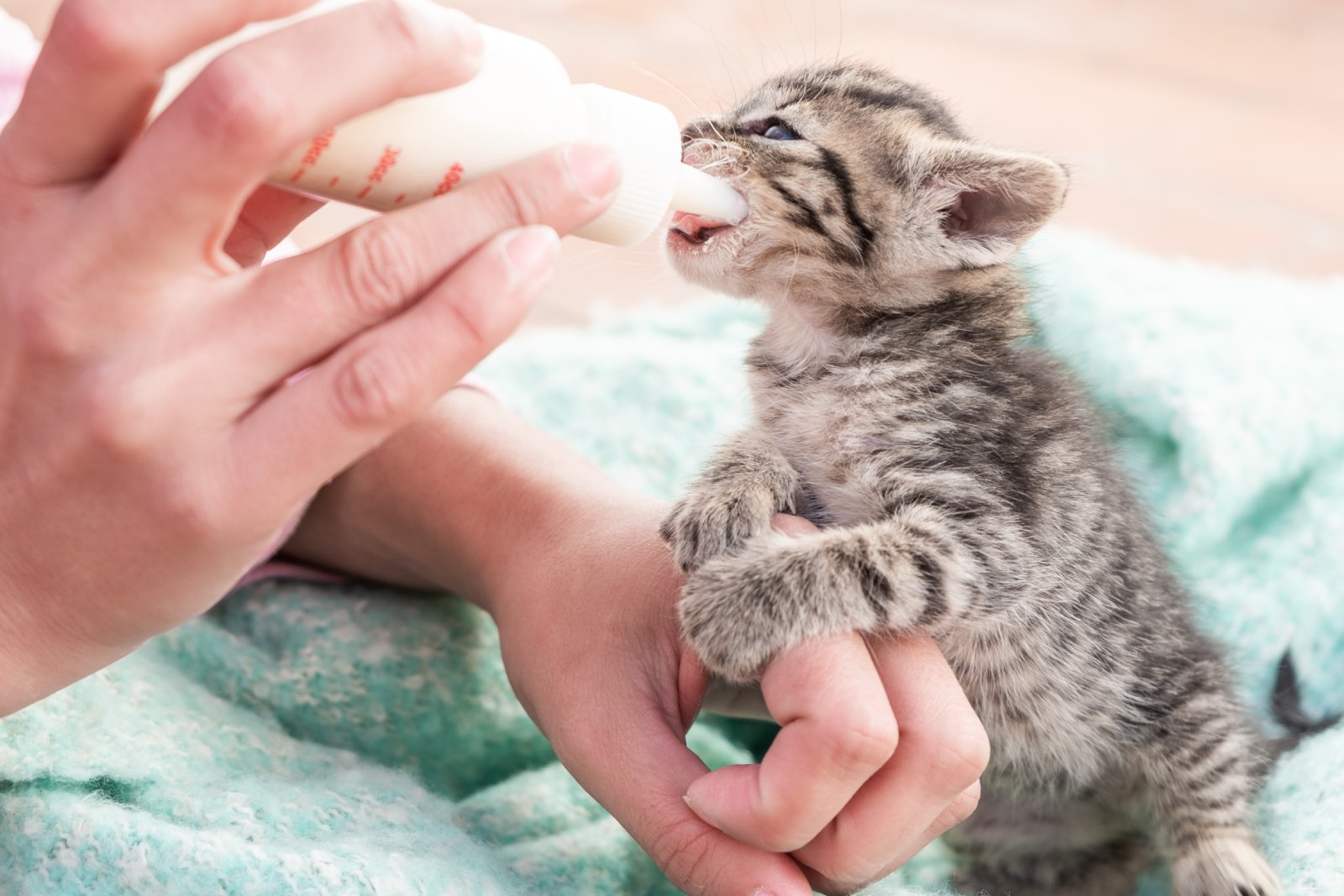
Young pets can benefit from probiotics to support their developing immune systems and digestive health. Early supplementation can set the foundation for a healthy gut.
15. Senior Pets and Probiotics

Older pets often face digestive challenges and weakened immunity. Probiotics can help manage these issues, promoting better health and comfort in their golden years.
16. Probiotics for Pets with Allergies
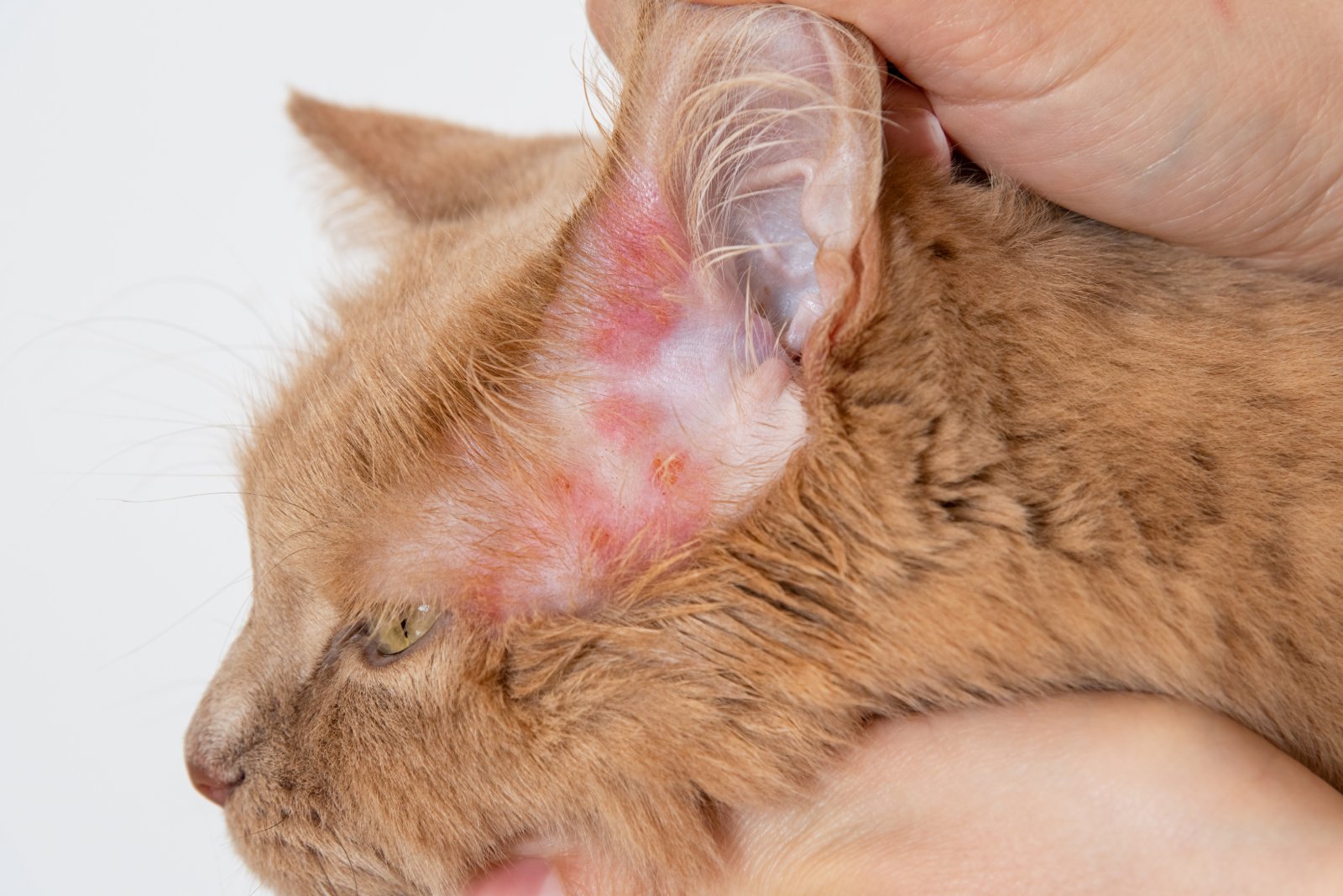
Pets with allergies can benefit from probiotics as they help regulate the immune system and reduce inflammation. This can lead to fewer allergic reactions and better skin health.
17. Veterinary-Formulated Probiotics
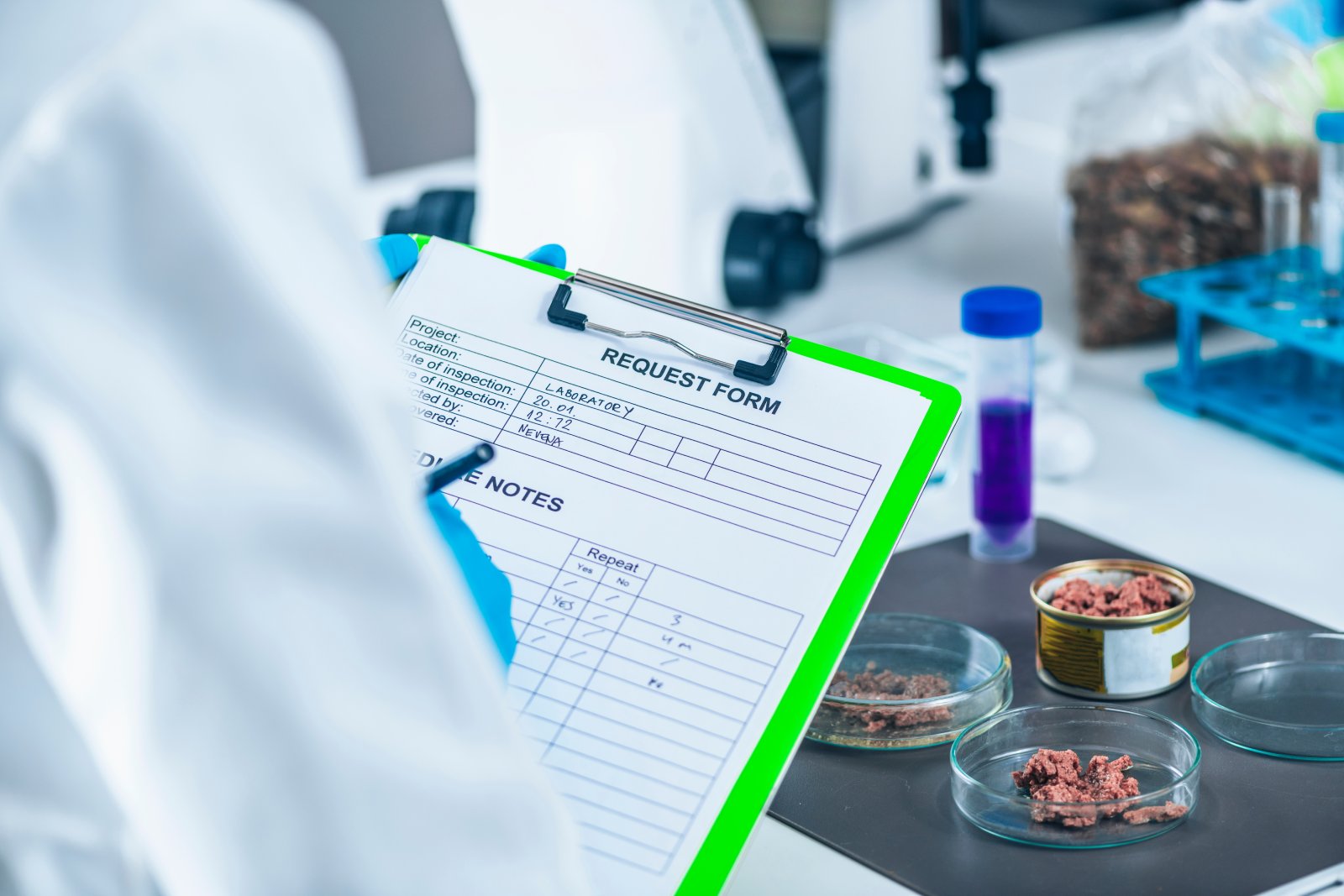
Consider probiotics that are specifically formulated by veterinarians. These products are often backed by research and tailored to meet the specific needs of pets.
18. Probiotics for Stress and Anxiety
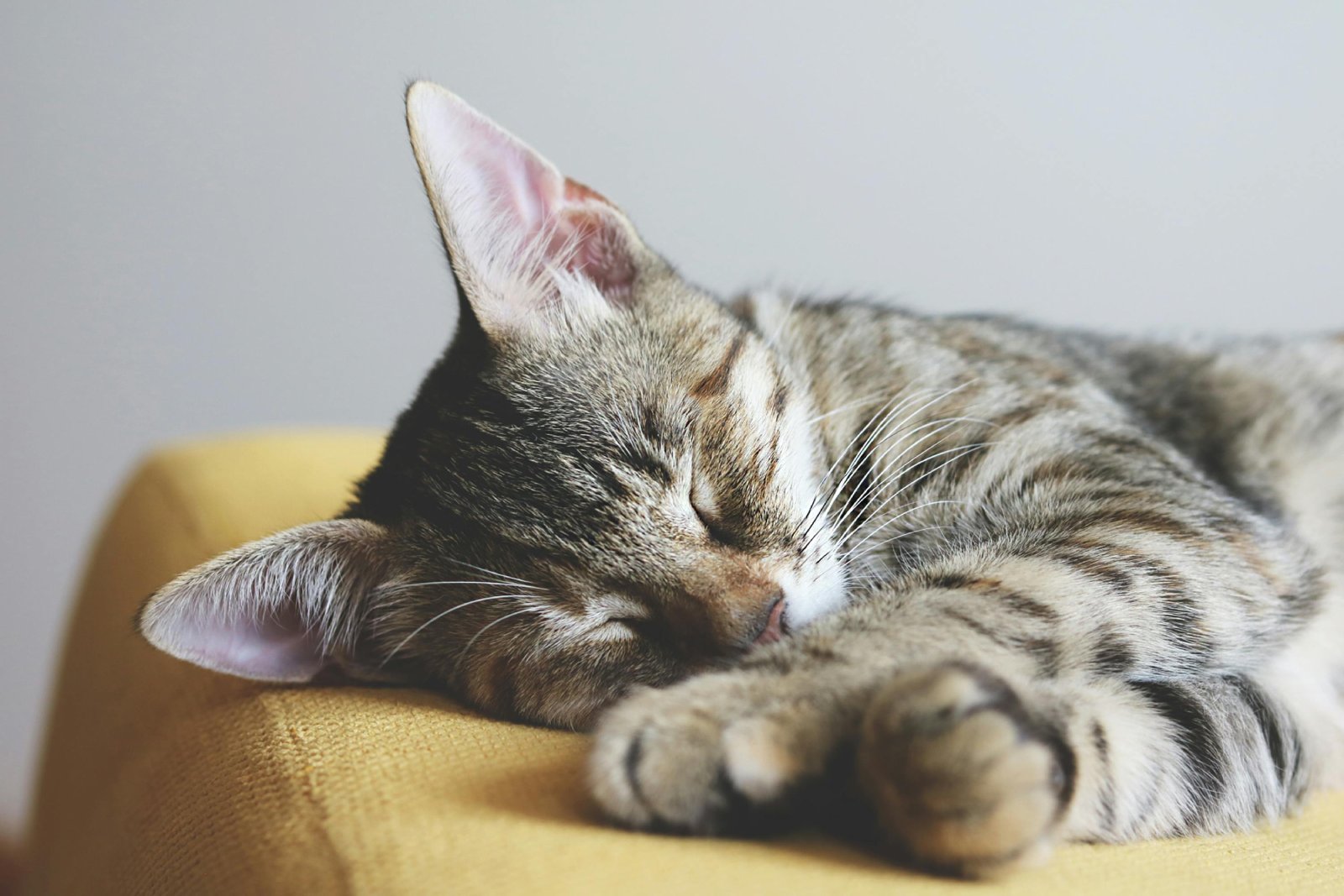
Stress and anxiety can negatively impact gut health. Probiotics can help mitigate these effects, promoting a calmer and healthier pet.
19. Monitoring Probiotic Effects

Track your pet’s health and behaviour after starting probiotics to ensure they are effective. Look for improvements in digestion, coat quality, and overall vitality.
20. Cost of Pet Probiotics
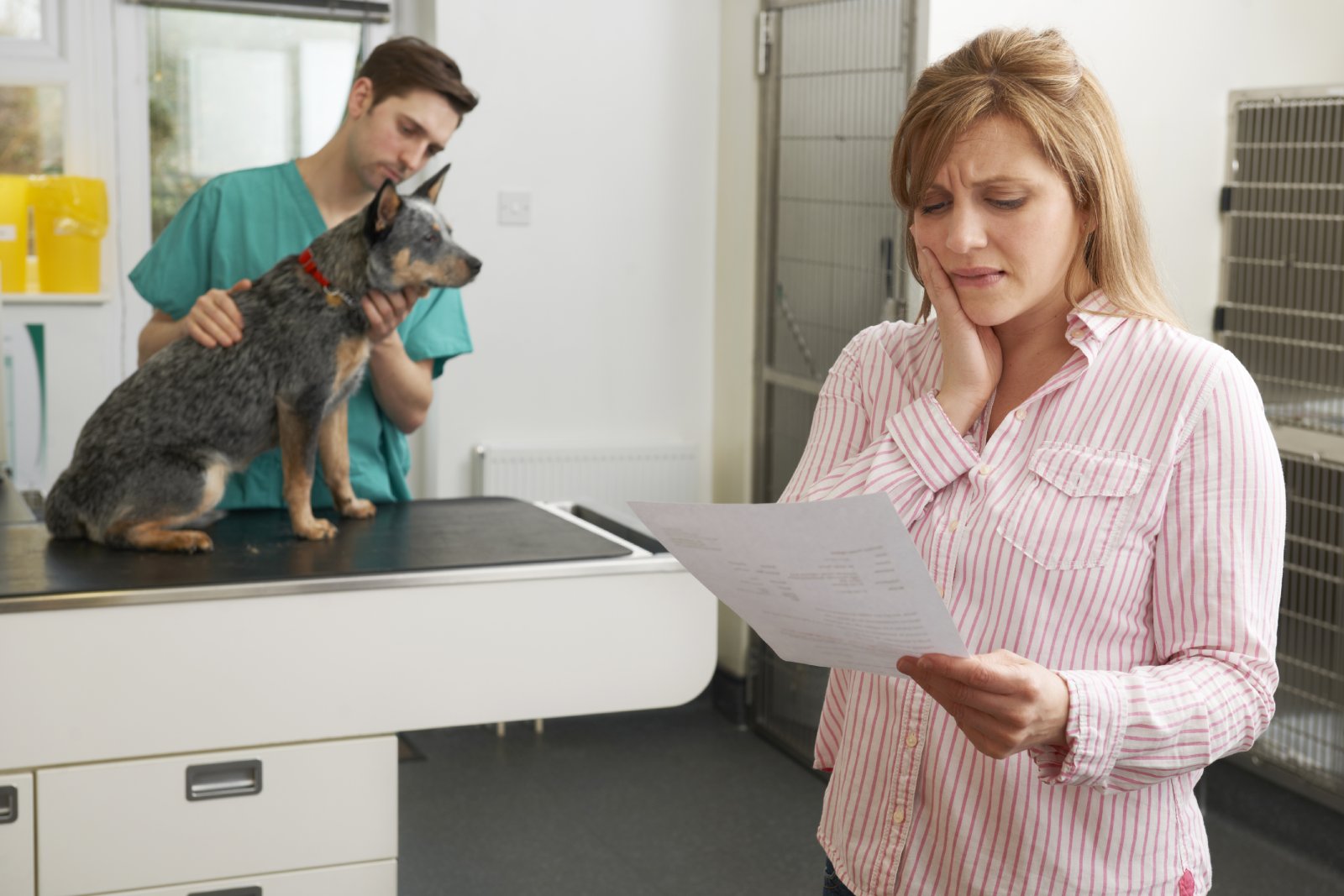
Probiotics can vary in price, but investing in a high-quality product can save you money in the long run by preventing health issues. Expect to pay anywhere from £10 to £40 monthly.
21. Where to Buy Pet Probiotics

You can purchase probiotics from pet stores, online retailers, or directly from your vet. Always choose reputable brands to ensure quality and safety.
Is Your Pet’s Gut Health Thriving?

Taking proactive steps to improve your pet’s gut health can lead to a happier, healthier life. Are you ready to make the change and invest in their wellbeing?
The post 21 Gut Health and Pet Probiotics – A New Way to Keep Them Thriving! first appeared on PawShore.
Featured Image Credit: Shutterstock / Varvara Serebrova.
For transparency, this content was partly developed with AI assistance and carefully curated by an experienced editor to be informative and ensure accuracy.

